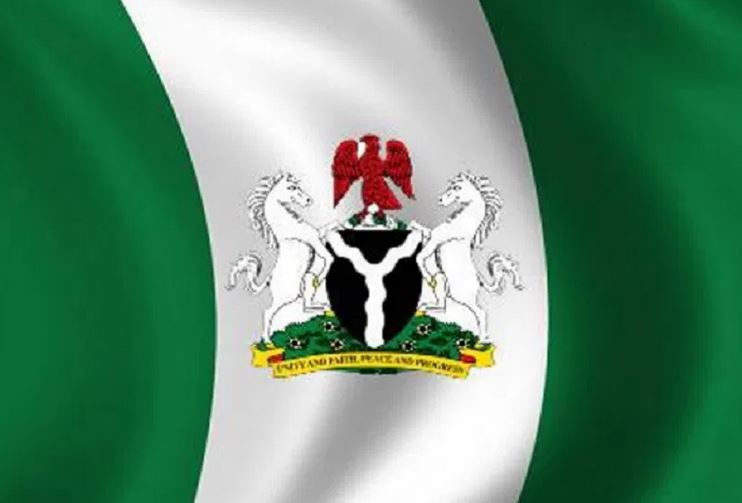The Nigerian flag which is one among the other national symbols, is an object which every Nigerian, be it a child or adult has heard of. I recall my nursery school days when we used to recite the name of the great man who designed the Nigerian flag.
At that stage, all I knew was that the Nigerian flag was made of two colours which are the green and the white colours but as history has it, the original design of the Nigerian flag was not just green, white and green.
We will find out about this as we look briefly at the history of the Nigerian national flag.
A Brief Historical Background Of The Nigerian Flag
The Nigerian national flag was designed in the year 1959 by Mr. Michael Taiwo Akinkumi, a Yoruba man who was born on the 10th of May, 1936. He studied electrical engineering at Norwood technical college, London.
His original design of the national flag had a red blazing sun in the middle of the white part of the Nigerian flag but due to some modifications, the sun was removed by the judges and the flag was chosen as the national flag. It was first officially raised on October 1, 1960, Nigeria’s Independence day.
Description of the Nigerian flag
The Nigerian flag is made up of two colours; white and green. The colours are arranged vertically into bands with green serving as a boundary for the white on both sides. The proportion of each colours are equal.
Significance of Each Colours on the Nigerian flag
The colours on the Nigerian national flag have something which they start for, they are not just ordinary colours as they seem:
Green symbolizes the forests and abundant natural wealth of Nigeria
White represents peace and unity
Some rules guarding the national flag
The Nigerian government has formulated certain set of rules to be followed while unfurling this particular national symbol of high importance.
- While hoisting the National Flag it should be ceremoniously flown in the morning during sunrise and lowered at sunset as according to them a flag of national importance does not sleep
- The national flag of Nigeria should be hung or half flown on days of state funerals or important memorial days.
- If in any case, the flag is in a room, then no other flag should be placed higher than that.
- If the flag is torn out it shouldn’t be flown or used but rather burned or destroyed.
Where to Buy Nigerian Flag
Nigerian flags are available online. You can click here to buy your own.
Please Share!



This is really good sir…